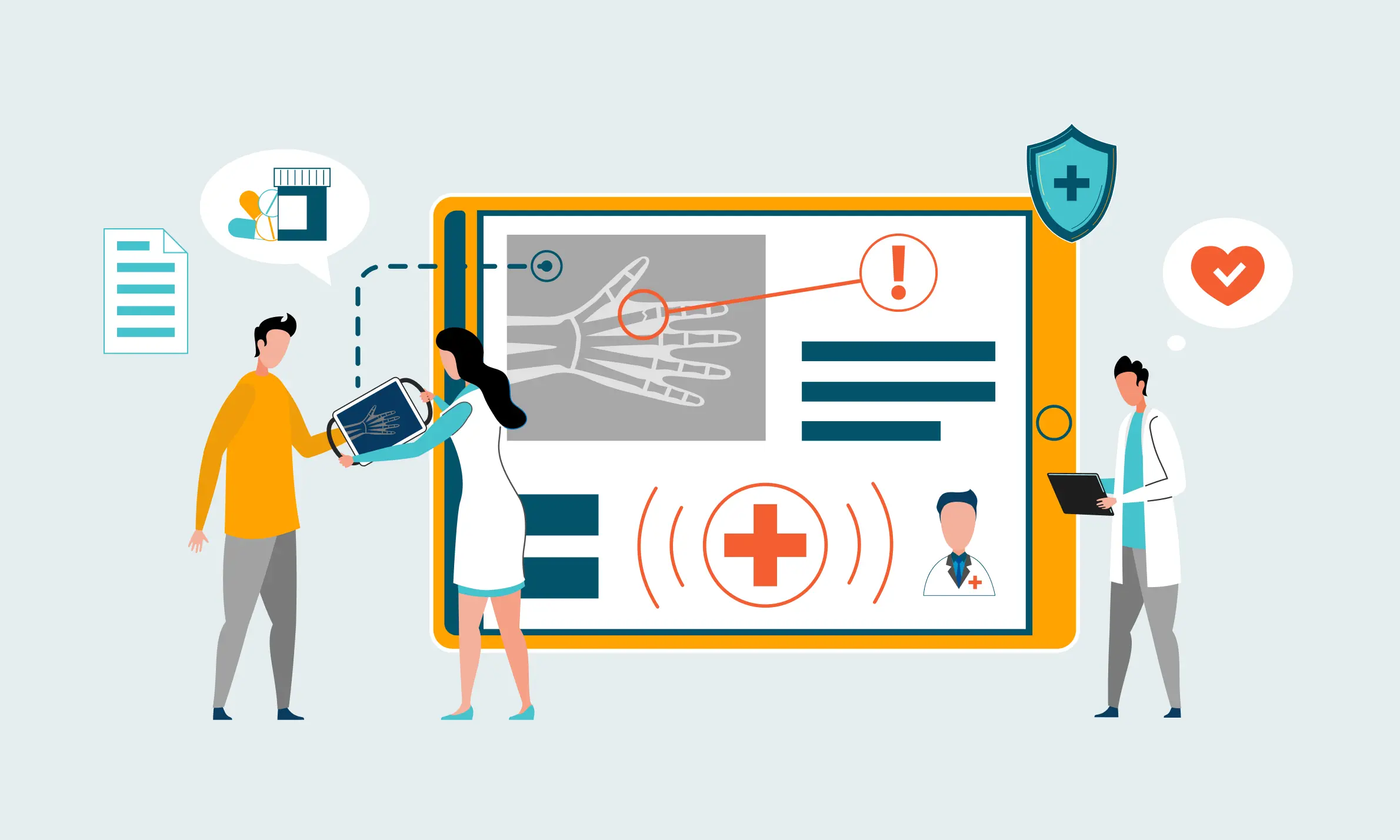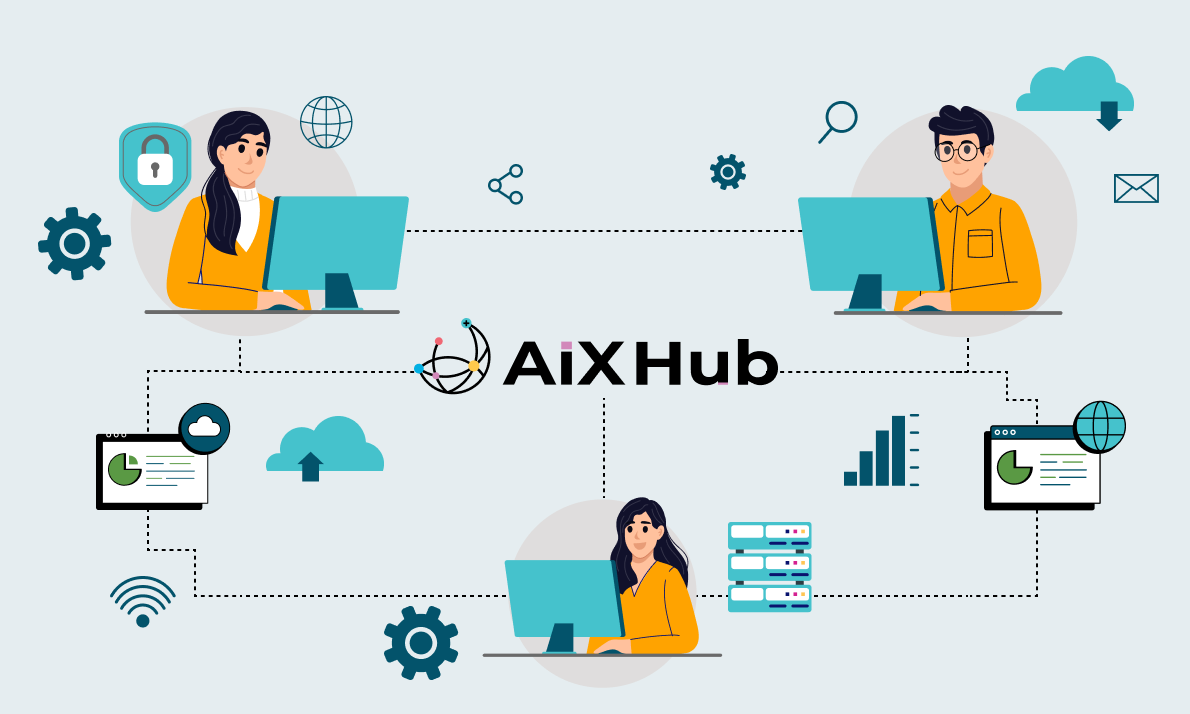Table of Contents
ToggleIn an era defined by technological advancements and digital transformation, the healthcare industry stands at the forefront of innovation. From electronic health records to telemedicine platforms, Information Technology (IT) solutions have revolutionized the way healthcare services are delivered and managed. As we navigate through the complexities of modern healthcare, it becomes increasingly evident that the future of the industry lies in the continuous evolution and adoption of IT solutions.
The Current Healthcare Landscape
The healthcare landscape is undergoing a profound transformation, driven by a myriad of factors including demographic shifts, rising healthcare costs, and advancements in medical technology. In response to these challenges, healthcare providers are turning to IT solutions to streamline operations, improve patient care, and enhance overall efficiency.
Electronic Health Records (EHR)
One of the most significant advancements in healthcare IT is the widespread adoption of Electronic Health Records (EHR). EHR systems allow healthcare providers to digitize patient information, making it easily accessible, secure, and shareable across different healthcare settings. By transitioning from paper-based records to electronic formats, healthcare organizations can improve data accuracy, reduce administrative burden, and enhance patient safety.
Benefits of EHR in Healthcare
- Healthcare Data Integration: EHR systems integrate various types of health information, ensuring that data is comprehensive and accessible for better patient care.
- Healthcare Efficiency Improvements: By digitizing records, EHRs streamline workflows, significantly reducing the time spent on paperwork and administrative tasks.
- Enhanced Healthcare Decision Making: EHRs provide real-time data that helps healthcare professionals make informed decisions, improving patient outcomes.
- Healthcare Compliance and Safety: EHRs help healthcare organizations comply with regulatory requirements and enhance patient safety by reducing errors associated with manual record-keeping.
Healthcare: Telemedicine and Remote Patient Monitoring
The emergence of telemedicine platforms and remote patient monitoring technologies has revolutionized the delivery of healthcare services. Telemedicine enables patients to consult with healthcare providers remotely, eliminating the need for in-person visits and expanding access to care, particularly in underserved areas. Remote patient monitoring allows healthcare providers to remotely track patients’ vital signs and health metrics, enabling early detection of health issues and proactive intervention.
Artificial Intelligence (AI) and Machine Learning
Artificial Intelligence (AI) and Machine Learning have immense potential to transform various aspects of healthcare delivery and management. AI-powered algorithms can analyze vast amounts of medical data to identify patterns, diagnose diseases, and predict patient outcomes with unprecedented accuracy. Machine Learning algorithms can also automate administrative tasks, optimize resource allocation, and improve clinical decision-making, ultimately leading to better patient outcomes and operational efficiency.







